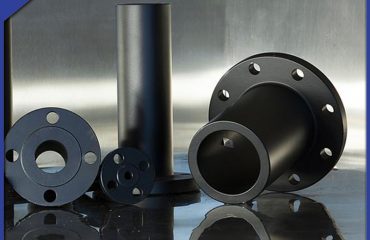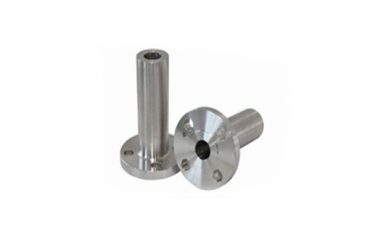
Plate flanges are commonly used in piping systems for connecting pipes, valves, and other equipment. One of the key properties that is important when selecting plate flanges is their corrosion resistance. Corrosion is a major concern in industrial environments, as it can lead to the degradation of materials, loss of structural integrity, and potential leakage.
There are a few factors that can affect the corrosion resistance of plate flanges. The type of material used in the construction of the plate flange is one of the most important factors. Common materials used for plate flanges include carbon steel, stainless steel, and alloy steel. Stainless steel plate flanges are known for their excellent corrosion resistance due to the presence of chromium in the alloy, which forms a passive oxide layer that protects the material from corrosion.
Another factor that can affect the corrosion resistance of plate flanges is the environment in which they are used. Corrosion can be accelerated in harsh environments such as those with high temperatures, high humidity, or exposure to corrosive chemicals. In such environments, it is important to select plate flanges that are specifically designed to withstand these conditions.
In order to investigate the corrosion resistance of plate flanges, several testing methods can be employed. One common method is salt spray testing, which involves subjecting the plate flanges to a mist of salt water to simulate the effects of corrosion. The plate flanges can be visually inspected for signs of corrosion after a certain period of time to assess their performance.
 Language
Language Espanol
Espanol English
English Italian
Italian عربى
عربى
 Skype: chinamaker99
Skype: chinamaker99  Tel: 86-316-5120812
Tel: 86-316-5120812 Email:
Email:  Whatsapp:
Whatsapp: 
